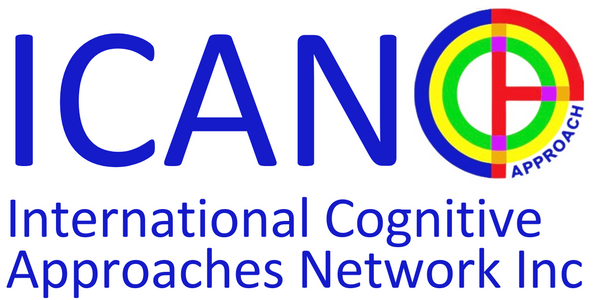
Learning skills by thinking & problem-solving! A story from practice: “Hey, I can do this!”
Share
This blog is based on a column originally published in Balans Magazine, a Dutch magazine for parents of children with special needs and written by Dutch CO-OP instructor Laurens de Kroon.
A story from practice: “Hey, I can do this!”
"I’m such an idiot!", Rebecca says for the seventh time during recess, throwing the ball away from the playing field making her classmates unhappy. This recurring phrase makes a big impact on me as a therapist, even though I’ve only been observing Rebecca for 15 minutes. Especially since it's visible that Rebecca really believes it. Rebecca is eight years old and has DCD. At school, she is invariably the slowest and clumsiest on the playground, has trouble learning to write and has been throwing temper tantrums regularly lately. Tantrums that are, in fact, mainly directed against herself.
At the school she attends, paddle tennis has become popular on the playground and she was really eager to learn to play. But it is such a complex task that's difficult to perform! Positioning, hand-eye coordination, adjustment of force, timing, and many more other elements. How is she going to learn that?
Four weeks later, a proper breakthrough occurs. "Time out", she calls out to me. "I think I know what to do!". She has noticed that she finds the backhand, when she has to cross her arm in front of the body, very difficult, but if she makes two steps on the side, she can still hit the ball with her forehand. "Alright, then we'll try that, I'll try too," I say. And yes, things improve immediately. Through enablement, she’s been able to develop and follow her own strategies for motor learning. At the moment, she’s specifically focused on her body positioning in relation to the ball, as well as moments of relaxation in between games.
Far too often as adults, we tend to help the children directly. When they struggle with a complex activity, we have a tendency to come up with a solution that used to work for ourselves or other children. But when we enable children in their problem-solving techniques to reach their own solutions, the feeling of self-reliance, that feeling of: "Hey, I can do this!", is much greater.
Rebecca discovered much more than just paddle tennis skills in this situation. She’s discovered that her strategy for body position is applicable in different situations, for example while writing. With writing she would sometimes get stuck in awkward positions with her hand while writing longer words and sentences. She made the link between positioning your entire body to be able to hit the ball with a forehand, with moving her arm along in the writing direction. Because of this discovery her proficiency in writing increased and she would no longer get pain in her wrist so quickly, leading to an increase in her motivation to write as well.
The solution may seem simple but think about a certain skill or activity which is complex for yourself and which can frustrate you. Frustration occurs when we lose sight of possible tweaks in strategies, when we have the feeling that we’ve tried everything, but nothing works. It is the feeling that essentially stops our motor learning process and gives rise to feelings of inadequacy. By assisting the cycle of problem solving we can focus on the process of learning rather than the effect of the result and thus reach the breakthroughs needed to improve our abilities.
From the teacher’s and her parents’ side, the main focus was for her writing to get better, however her frustration made it really difficult to start working on it. Her motivation for learning to play paddle tennis and subsequent discoveries made it possible to get a running start on writing. After 3 months of weekly sessions Rebecca felt confident enough to continue on her own. Rebecca will always take a little longer to learn new motor skills in activities she wants to try, but now her parents and teacher can remind her of her strategies and enable her to overcome new challenges. She can do it!
The organization Balans assists parents through advocacy, information provision and contact with fellow parents. Balans also offers digital information libraries on DCD and other diagnoses (balansdigitaal.nl). Dutch CO-OP instructors work as a team towards the implementation of the CO-OP Approach and one of their strategies is collaboration with Balans.

